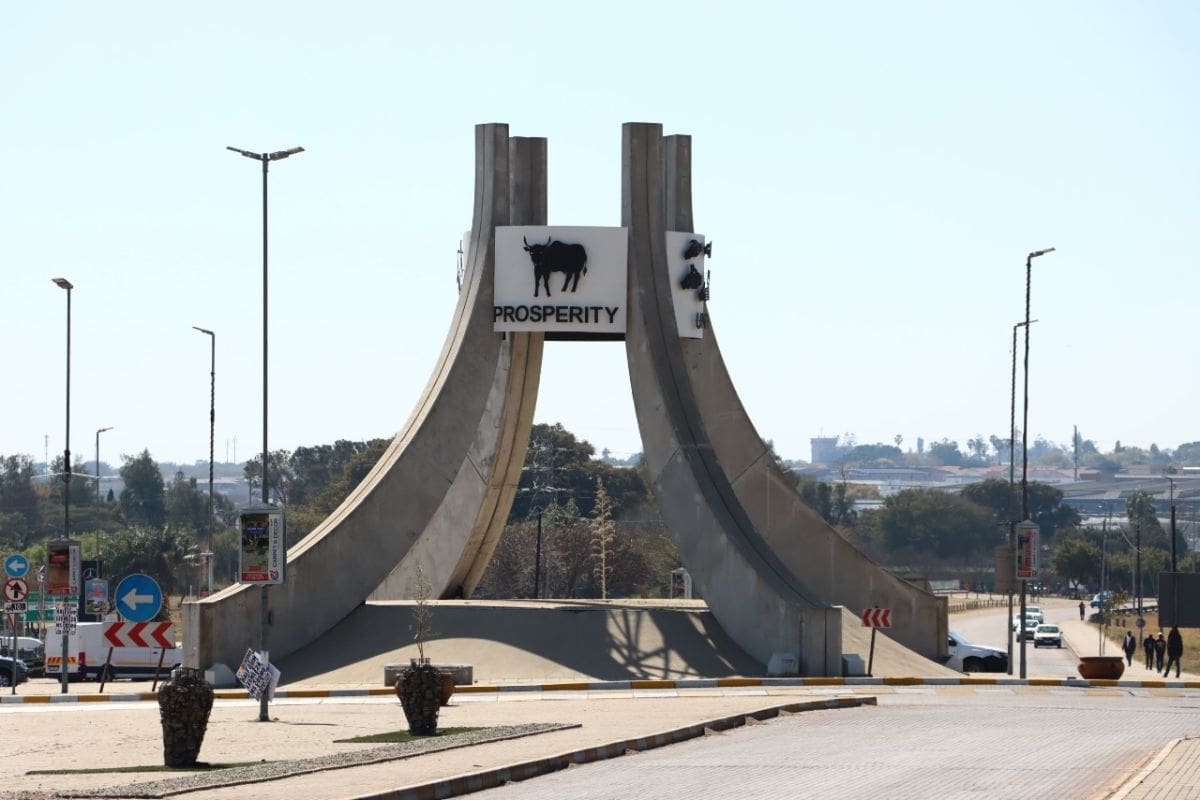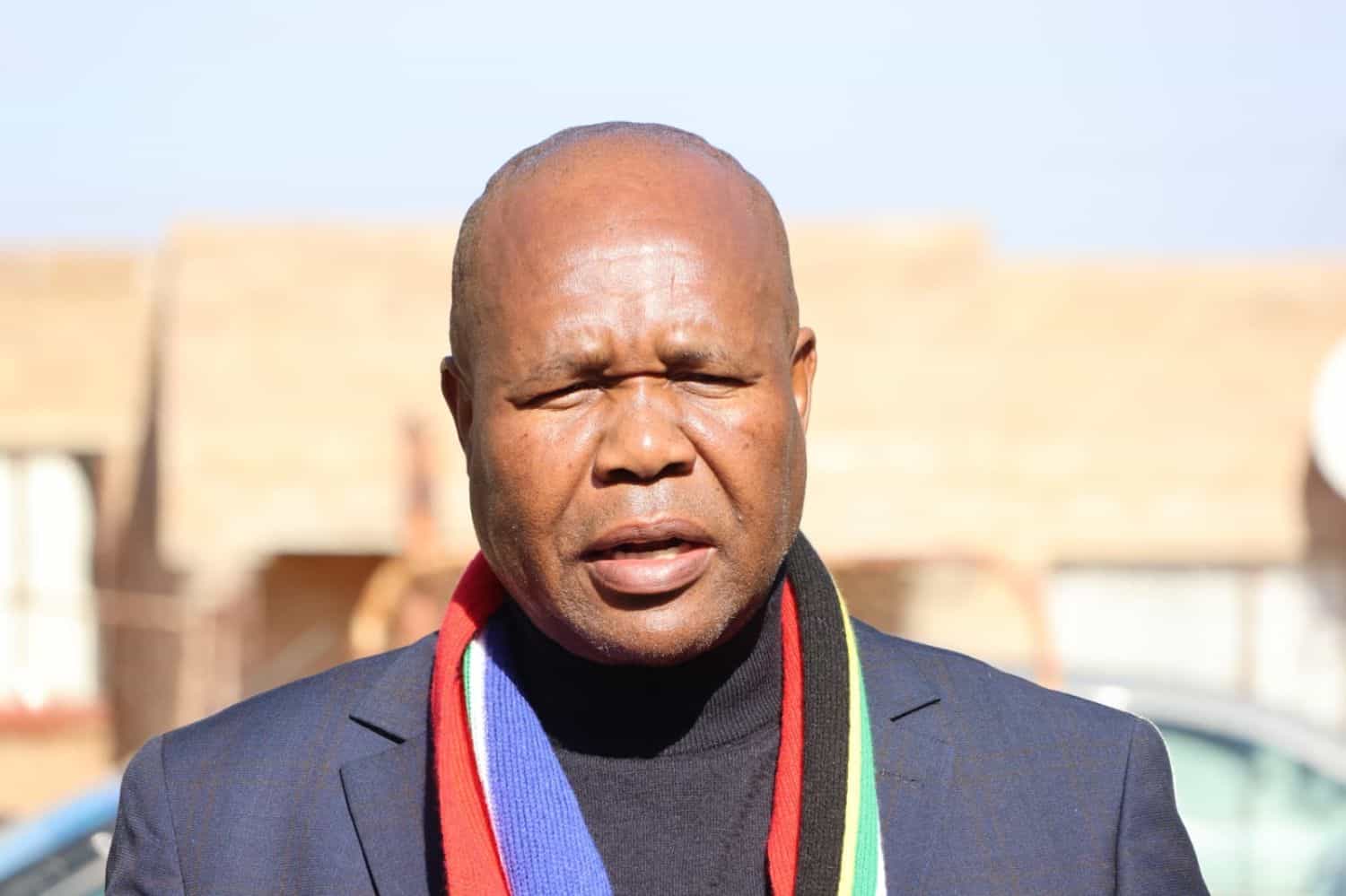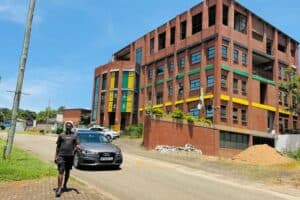Opposition parties and residents point to weekly service delivery protests, but Mayor John Mpe says the marches are 'not genuine'.

The R18-billion Olifants/Ebenezer bulk water project is being touted as a crucial step in the plan to transform the City of Polokwane into a viable metropolitan area.
Many in Limpopo have branded the plan a pipe dream, as the city had no budget to bankroll the project.
This week, the Lepelle Northern Water (LNW) board, a state-owned water utility, announced that the Olifants/Ebenezer bulk water project aims to supply water to 1.3 million people for their day-to-day needs. The agency said the project was budgeted at R18.5 billion.
Lepelle is responsible for the project, which is entrusted to it by the Department of Water and Sanitation for the provision of bulk water projects in Limpopo.
ALSO READ: Limpopo jobs bloodbath deepens as unemployment rises to 35%
Speaking to The Citizen this week, the utility’s spokesperson, Joe Makhafola, said the project should create about 1 200 jobs during the construction phase and a further 90 jobs on completion.
“There will be 371 428 households standing to benefit within the various affected water service authorities like Capricorn, Polokwane, Mopane and Sekhukhune municipalities,” he said.
Mayor says Polokwane is growing
On Friday, Polokwane’s mayor, John Mpe, said the population of the city was 843 459, according to Statistics South Africa in 2022. By 2045, when major bulk water augmentation projects such as the Olifantspoort/Ebenezer system reach completion, he said he anticipates significant population growth.
He spoke about the urbanisation, economic opportunities and continued development in Polokwane.
“We strategically availed land to attract developments such as the Central Hospital, a provincial psychiatric hospital, the Greenery Shopping Complex and a new provincial art theatre. Our internationally recognised Peter Mokaba Stadium has become a hub for sporting events, hosting Bafana Bafana and welcoming international teams such as Kenya, Namibia and Zimbabwe,” he said.
“Construction of the international Hilton Hotel is also underway, with three major banks establishing regional branches at the facility. Additionally, major PSL clubs, including Kaizer Chiefs, have chosen Polokwane as a host city, boosting our economy, tourism and investor confidence.”
ALSO READ: Ramathuba vs Mpe: It’s a pot calling the kettle black in Limpopo ANC battle
Water project will be a ‘game-changer’
Mpe also claimed Polokwane’s water situation has improved through water demand management and new infrastructure interventions. The municipality, he said, has commissioned the Seshego Water Treatment Plant, contributing an additional 8–10 megalitres to the system, alongside extensive borehole development.
“Currently, Lepelle Northern Water provides approximately 65% of the city’s water demand. The Olifantspoort/Ebenezer augmentation project will, therefore, be a game-changer, ensuring a sustainable, long-term water supply that matches the pace of Polokwane’s growth.

Mpe said the municipality recently attained a Grade 6 Classification Certificate, which “reflects our ability to manage complex systems, finances and service delivery at a scale comparable with metropolitan municipalities. It strengthens our case for Polokwane’s eventual transition to metro status.”
He said achieving metro status was not about speed, but about readiness – ensuring that infrastructure, financial sustainability, and governance capacity are firmly in place.
Mpe’s speech labelled as hollow
Mpe said Polokwane becoming a metro is no longer a dream but a possibility.
But many in the province said his speech is hollow. His political detractors and residents highlighted that service delivery protests take place in the city every week.
In response, Mpe said the marches were led by rented individuals and sponsored by his political foes and are “not genuine”.
READ MORE: Limpopo pumps R100 million more to a stalled R400 million road project
Support Local Journalism
Add The Citizen as a Preferred Source on Google and follow us on Google News to see more of our trusted reporting in Google News and Top Stories.






